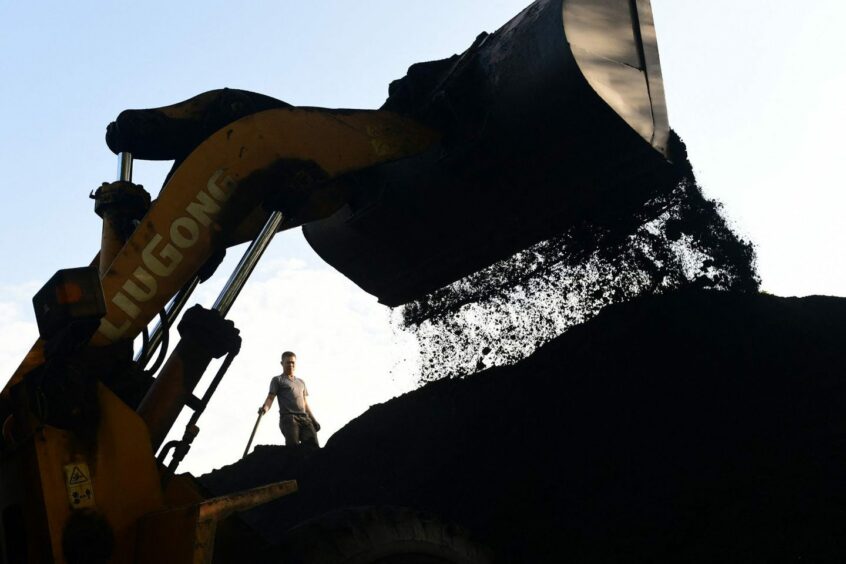
Vietnam has landed a $15.5 billion partnership with funders led by the European Union and the UK to help finance its transition away from coal.
The Southeast Asian nation will receive half of the allotted package of grants and loans from country donors, with the other 50% coming from a group of investors known as Glasgow Financial Alliance for Net Zero. The funding will go toward cleaning up Vietnam’s power sector by moving away from coal, one of the dirtiest fossil fuels.
The deal marks the third of a series of major financing agreements known as “Just Energy Transition Partnerships” — first launched at last year’s COP26 summit Glasgow — in which rich nations help pay for heavily coal-dependent emerging economies to move toward greener energy sources. Similar multi-billion dollar deals have been made with South Africa and Indonesia.
The Vietnam agreement was officially signed off during the EU-ASEAN summit in Brussels on Wednesday.
“Vietnam’s new commitments to peak emissions and expedite the transition from coal to renewables signal Vietnam’s seriousness about achieving a green transformation for its people,” said US Special Presidential Envoy for Climate John Kerry.
The funding will help bring Vietnam’s peak emission date forward by five years to 2030 and will see the power sector’s emissions top out at 170 million metric tons, a drop of around 70 million tons from the country’s previous forecasts. In contrast, the emissions of carbon dioxide (CO2) by the US electric power sector were 1,552 million metric tons (MMmt), or about 32% of total US energy-related CO2 emissions of 4,904 MMmt in 2021, according to data from the EIA. In the US, coal accounted for 909 MMmt of CO2 emissions.
Headline generation capacity in coal will go no higher than 30.2 gigawatts in Vietnam, a drop of almost 7 gigawatts compared to what was planned, while renewables will make up almost half of the power supply by the end of the decade.
A key concerns by environmental groups leading up to the deal was that it would overlook jailed activists in the country. The agreement will have a reference to building “societal consensus” but the money will not be conditioned on the release of activists, according to a person familiar with the matter.
Two further partnerships with Senegal and India are being lined up for next year.
Recommended for you
